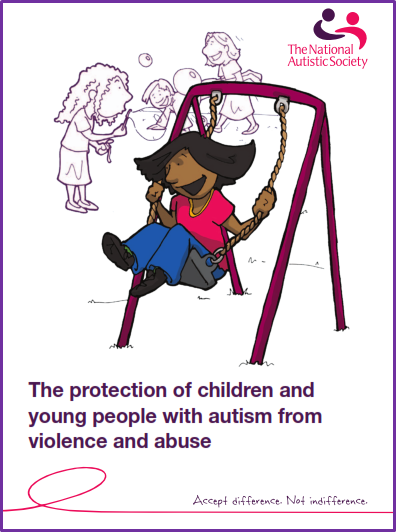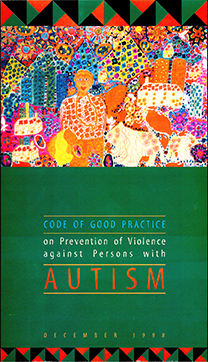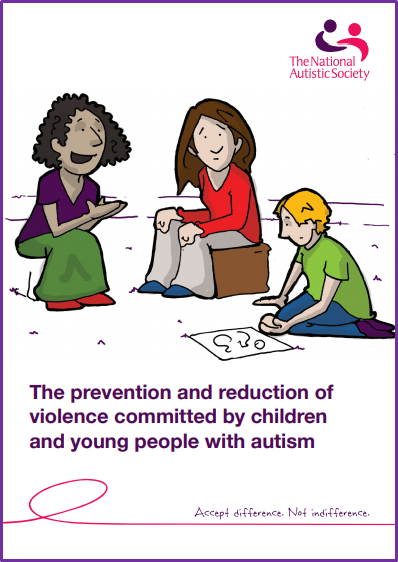
People with autism have difficulties with communication and social interaction, meaning that their ability to recognise or report potential signs of abuse can be affected to varying degrees. It contribute to make autistic people easier targets for abuse and mistreatment. Sometimes autistic people can also become the target of hate crimes.
A general tendency of over-compliance is another factor that can increase the chances an autistic person suffering abuse at some point in their life. We teach children from an early age to comply with parents and other adults, but there are a number of ‘grey areas’ within these rules that can be confusing for some autistic people to navigate.
In some cases a lack of knowledge about autism can also mean that autistic people suffer abuses, even when the intention to abuse is not present. For example, autistic people can find themselves victims of unethical and non-evidence based “cures”, therapies and interventions from untrained professionals, and even family members, albeit with often good intentions. These therapies are ineffective, and sometimes even very dangerous for the person with autism. They also deprive autistic people from receiving adequate support that would allow them to develop their potential.
It is not just the risk of suffering abuse that is heightened among autistic people. Persons with autism can at times also unknowingly become perpetrators of violence against others. This can stem from a lack of understanding of personal barriers, or context-appropriate behaviour. Autism-Europe is therefore involved in projects that foster access to education in the areas of sex education, for example.


